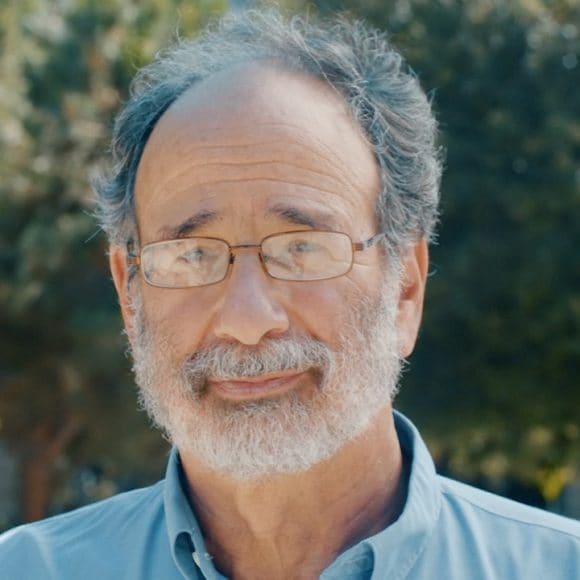Market design deals with the design and analysis of market mechanisms. Its definition of a market is rather broad in the sense that it can include markets in which prices play a role as well as a market for organ donation or choosing between different colleges.
Winners of the Nobel Prize in Economics in 2020, Robert B. Wilson and Paul R. Milgrom, as well as their colleague and friend Alvin Roth, who was awarded the Nobel in 2012, are pioneers in the field of market design.
“Market design is an ancient human activity,” explains Roth. “Market design is about understanding and facilitating that very human process of how we coordinate with other people.”
“The big revolution that market design brings is this notion that the design of the market matters,” adds Milgrom. “It’s not just a matter of people coming together and making whatever trade works. It’s a matter of the market being designed to make that possible.”
“Auctions are everywhere.”
“Auctions are everywhere.”
An auction market is a market with competitive bids where an auctioneer comes together with several different bidders. While most people probably think of scenes from movies where expensive jewelry or art goes under the hammer, auction theory has a number of less exquisite but important real-world examples.
“Auctions are everywhere,” said a member of the Nobel Committee at the Prize announcement in 2020. CO2 emissions allowances and government bonds are sold on auction markets. Auctions also determine the company that manages home refuse collection, the frequency a mobile provider can offer to customers, or the price that we pay for using electricity.
Fixing real-world problems
Fixing real-world problems
The new auction formats developed by Wilson and Milgrom are used across the globe today, after being introduced for the first time in the US in 1994 when radio frequencies were sold to telecom operators in the first radio spectrum auction.
For Milgrom, the real-world application of his work is crucial. “Creating theories that have a direct application more or less immediately and taking problems so directly from the real world, it’s amazing. We’re solving problems and it’s exciting.”
“It’s economic engineering,” adds Roth. “It’s not always simple and it’s not always elegant, but it’s getting things done with the full complexities of the problem.”
How did you find out you won the 2020 Nobel prize?
How did you find out you won the 2020 Nobel prize?
“Paul? It’s Bob Wilson. You won the Nobel Prize.” It was probably the most unusual way economist Milgrom was ever awakened from his sleep. In front of his house was Robert Wilson, his doctoral father and neighbor next door, who had just received the news that he and Milgrom were the 2020 Nobel Laureates in Economic Sciences.
The Nobel Committee had been unable to reach Milgrom because during the night his mobile phone was set not to take calls from unknown numbers.
It’s not known whether the two new Nobel Laureates toasted to their accomplishment after the nightly wake-up call, but they had every reason to do so.
Has this question inspired you?
Get the latest Nobel perspectives delivered to you.
Why do countries have to find better ways to grow?
Hear Michael Spence's view on how countries can grow sustainably while having a long-lasting positive impact.


